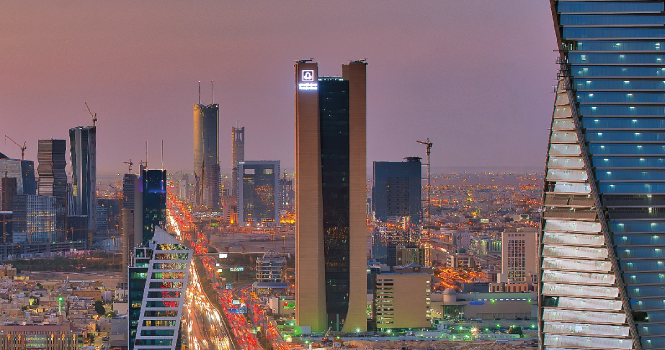Saudi Arabia’s asset management sector grew by 20% in 2024 compared to the previous year, surpassing one trillion Saudi Riyals ($266 billion) for the first time, according to a new analysis by Fitch Ratings.
Fitch forecasted that the sector will continue attracting stable investment flows in 2025 and 2026, with managed assets expected to exceed 1.3 trillion Riyals. The growth is attributed to an expanding investor base, favorable demographics, ongoing economic reforms, robust financial markets, and digital transformation initiatives.
Bashar Al-Natour, Global Head of Islamic Finance at Fitch, stated, “Saudi Arabia’s asset management sector is the largest in the Gulf Cooperation Council, with managed assets surpassing the trillion-Riyal mark, and further growth is anticipated.” He noted that nearly all investment funds listed on the Saudi Stock Exchange (Tadawul) comply with Islamic regulations, reflecting strong demand for Islamic financial products.
A previous Fitch report from October indicated that sector growth in 2025 will be bolstered by an increasing number of high-net-worth individuals seeking asset management services. The Saudi government aims for the sector’s managed assets to account for 40% of GDP by the end of the decade.
The report noted that bank-affiliated asset managers accounted for about two-thirds of the sector’s revenues by the end of 2024. However, Fitch warned of rising international competition, particularly as global institutions like BlackRock, Goldman Sachs, Morgan Stanley, Citigroup, and Mizuho Bank have received regulatory approval to open regional offices in Saudi Arabia.
The analysis revealed that about half of managed assets in Saudi Arabia are held in private equity funds, followed by discretionary portfolios and public funds. Private equity funds primarily focus on real estate and equities, while half of portfolio assets are invested in local stocks. Public fund assets are divided among money market funds, equities, real estate funds, and debt securities.
Fitch noted that the market capitalization of Gulf stock markets exceeded $4 trillion by the end of 2024, with Saudi Arabia leading the region. Despite the positive outlook, the report cautioned about potential challenges, such as trade conflicts and oil price volatility.
Fitch stated, “The market is not immune to global fluctuations, such as those triggered by the U.S. tariff hikes on April 2. Oil price changes remain a key factor that could impact this sector.”







